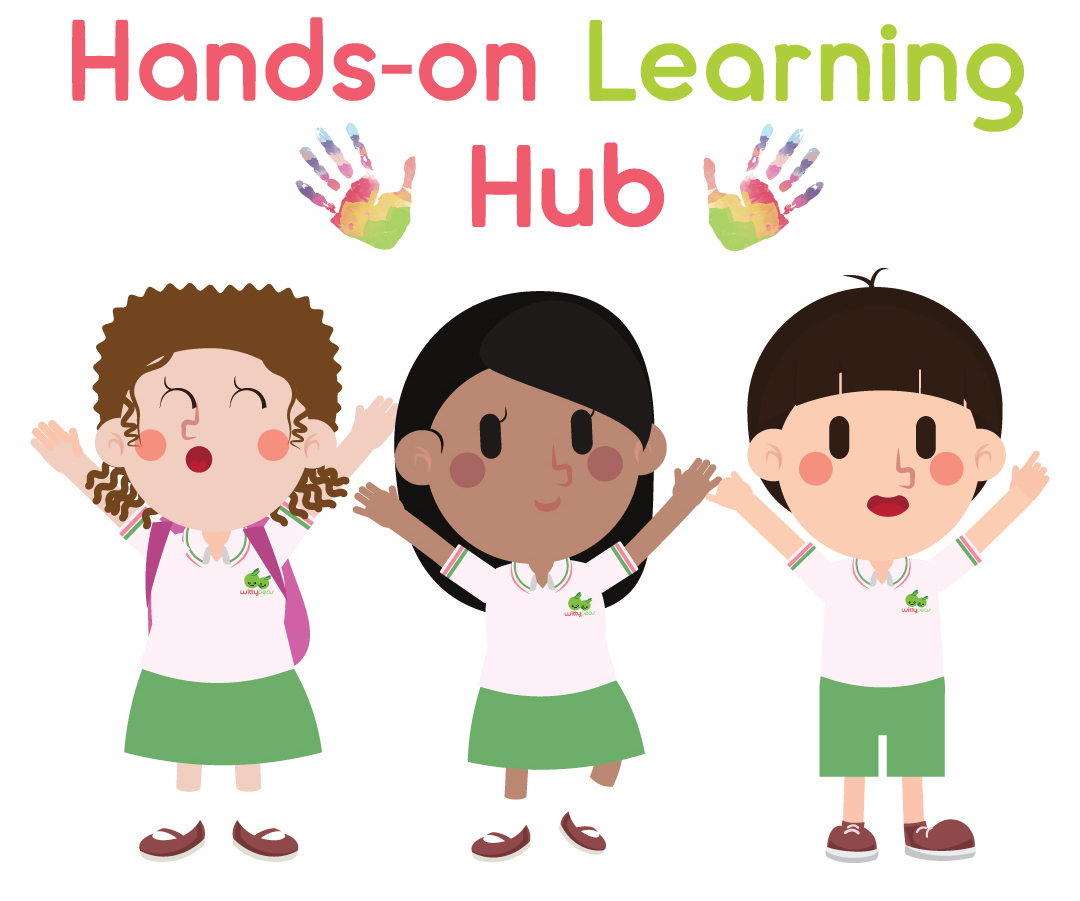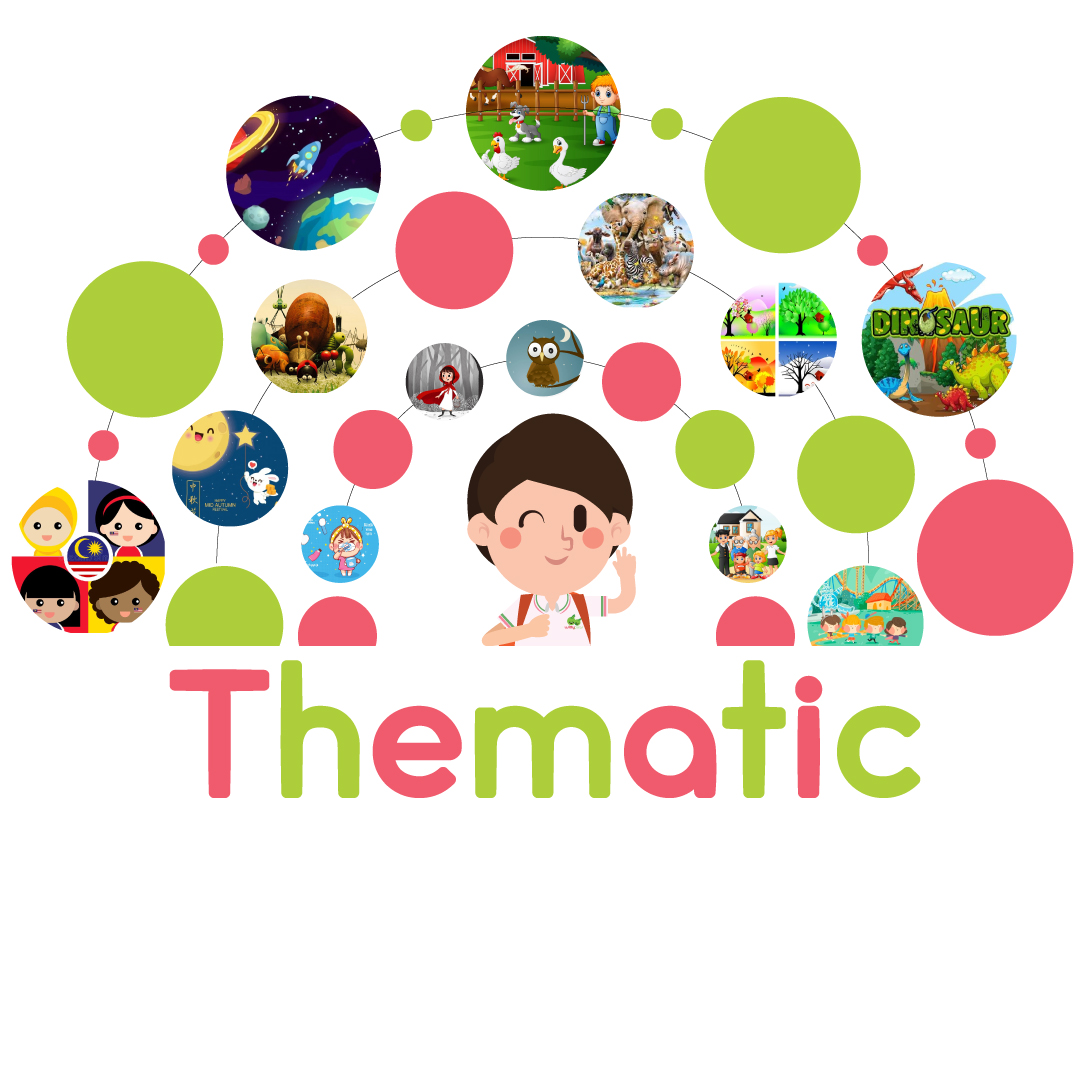
Witty Peas and team has adopted Integrated Teaching Approach in implementing the curriculum for the young children.
Integrated teaching is believed to develop critical thinking, self-learning ability, deep learning, and clinical problem-solving skills.
Witty Peas’ curriculum design begins with a clear picture of what children must be able to do and need to know. The content of teaching is then organized and follow by assessment to make sure the intended learning eventually happens.
Learning objectives and goals for children are outlined based on the EYFS Guidelines by The British Association for Early Childhood Education, in collaboration with the Department for Education. These are merely guidelines for children as Witty Peas believes children develop at their own pace and in their own ways.
At Witty Peas, children learn by doing in an age-appropriate learning environment and acquire skills & knowledge in what they love. Children are nurtured as they develop core academic skills, good values and positive attitudes for life.
Hands-on learning also known as experiential learning is a form of education where children learn by doing and experiencing. This learning process takes place when children physically present in partaking the activities effectively in and out of the classroom.
Every child has his/her own specific needs and strengths when it comes to his/her personal learning style. Hands-on learning is a unique way to overcome shyness or lack of confidence, it supports or elevates any type of learner. Teachers are able to optimise children’s learning by designing activities and customise the level of difficulties involved to meet the needs of each group of children.

“For the things we have to learn before we can do them, we learn by doing them” – Aristotle.
Children are given the opportunity to participate in various types of activities daily to learn and discover in a way that is exciting and developmentally appropriate!
Activities engaging multiple senses help children learn and remember more effectively. Activities such as messy and sensory play allow children to carry out mini experiments on their own to learn about the world.
Messy play can be a multi-sensory experience, involving sight, touch, hearing, smell, sound, and even taste.


Exploring different tactile materials such as sand, water, paint, dough, and slime can also be a social activity and can encourage language development as children learn new vocabulary to describe the texture and properties of different materials.
Activities involve using hands such as cutting, sticking, sorting, or moulding helps to develop the fine motor skills that is needed for important living skills like tying shoelaces, writing and opening cans.
“Tell me, I’ll forget; show me, I’ll remember; involve me, I’ll understand.”

With over 1500 activities incorporated into 10 monthly themes and 40 weekly sub-themes; Witty Peas dedicated a wide range of activities with learning objectives pre-defined for children.
Learning become more interesting when our children can relate their own experiences and their likes when they gain new knowledge holistically.
Thematic topics selected are related to the children’s life and surrounding which allow them to develop ideas in a realistic way and hence encourage authentic and effective 2-way communication.





